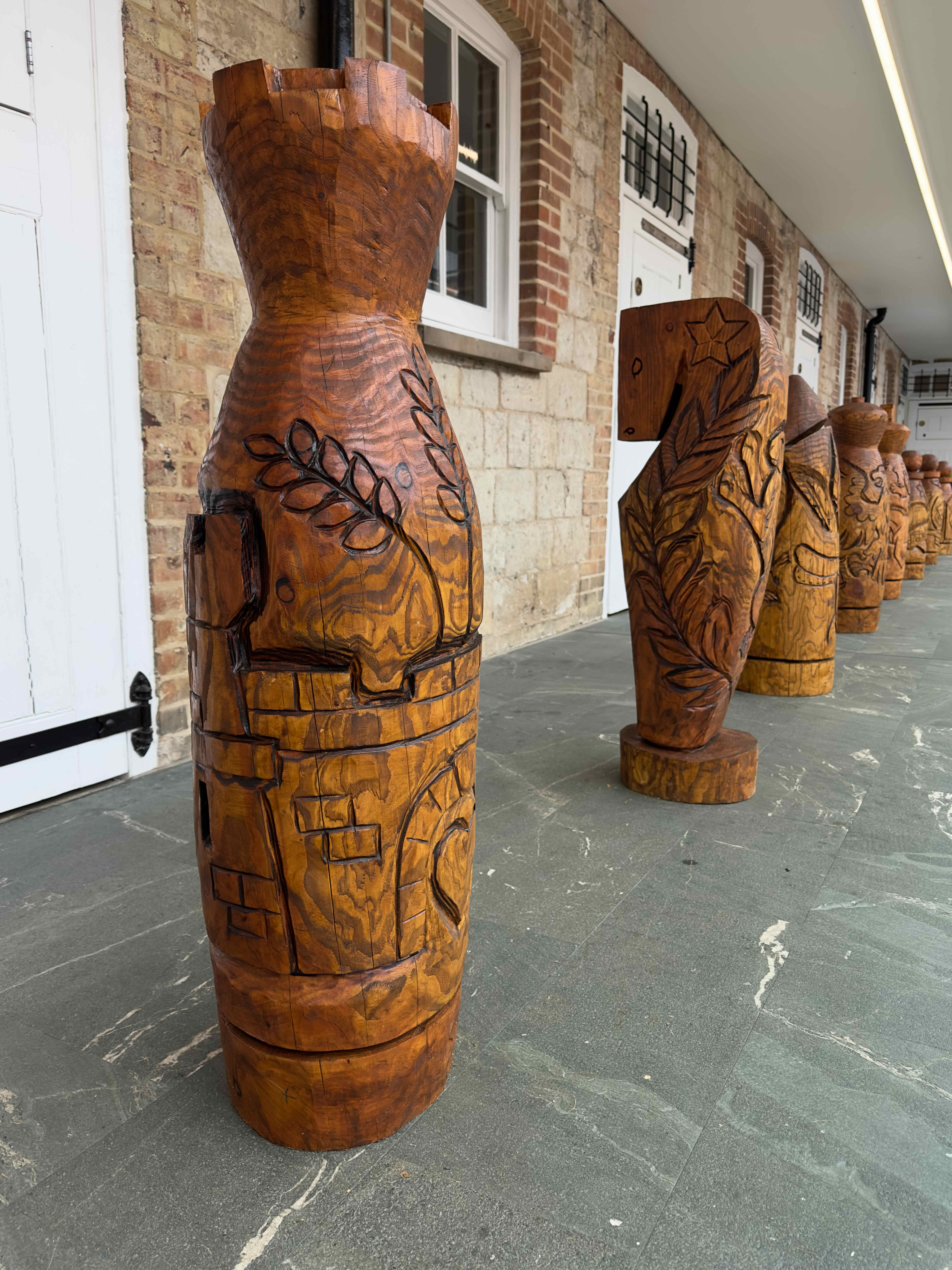As Poor As A Stockinger

We were commissioned a while ago, by the fair people at Stonewater Ltd, to lead a Public Art project at a development in Ruddington, Nottingham.
They wanted us to engage the local school children and produce a site specific piece of Art using the village's Framework Knitting industry as the inspiration. You can read all about knitting here Framework Knitting History
After a short period of research, we arranged, devised and delivered a series of creative workshops with St Peter's CofE Junior School. The idea of the sessions was to engage the children with the project and channel their overflowing creativity to help inspire the finished piece. Our sessions have a loose framework and we make sure that they are not ability dependant. We believe that creativity is best when given space and freedom and so we allow the participants to explore their ideas without us dictating or employing top down controls. Provided the children respect each other and the process then "learning through play" and "trail and error" are the key phrases.

The sessions were a great success ("The children loved participating in the workshops" - Michael Bradley, Headteacher) and the kids showed great creativity, but also fantastic empathy and imagination, as we asked them to put themselves in a Knitters shoes. The children's finished work is often a by product of the sessions, with the real inspiration coming from the workshop itself and our interactions with the participants although on this occasion there was a very strong cat theme throughout everyone's work which we just had to include. Read about Ruddington's famous cat Wilbur here

Following the completion of the workshops we continued our research process, which included a trip to the Framework Knitting Museum. Throughout this process we were struck by the poverty of the Knitters and it was this aspect the we wanted to portray in the finished piece.

The Knitters only really ever owned a plank of wood from which to make a seat. They would take this meagre chattel with them whenever they knitted. A comforting familiar regardless of which machine they ground down their lives at. Having found out about this we had a starting point for formulating a design for the finished piece.

We decided to make the piece functional as well as sculptural, this can allow a piece to gain quicker acceptance from a community, especially when the work is to be sited on a housing development. We planned to create 6 knitters planks seats, each with a line of a poem we would compose engraved onto them, and sit a life size Knitter at one of them and a cat on another. The Knitter would have a sombre, forlorn look and the viewer could sit opposite him and hopefully feel some empathy for his plight.
The design was accepted by Stonewater and we started to search for some timber to sculpt. Despite popular belief, if you choose the right piece, then wood can be very durable and can last upwards of 20 years with minimal maintenance. We chose a piece of Sequoia, from a tree taken down by a local arborist due to it having outgrown it's location (a hazard of such a quick growing, huge species). It was one of the very first planted in this country when Britain started importing fancy varieties and so had a bit of history, which is always nice.
This is the poem we composed for the seating:
"As poor as a stockinger
Striving amongst the timber and steel
Textiles softer than a hard life
All we owned was this seat
Made familiar through work
Moulded to our suffering."
When we'd finished creating the pieces we applied a treatment to help with their longevity and strengthened a few areas by placing steel inside the timber. We handled the installation ourselves although the soil was really compact and stoney and so we wished we hadn't! We used heavy duty steel fixings and quick setting concrete for the process, ensuring a solid and safe finished piece.

























